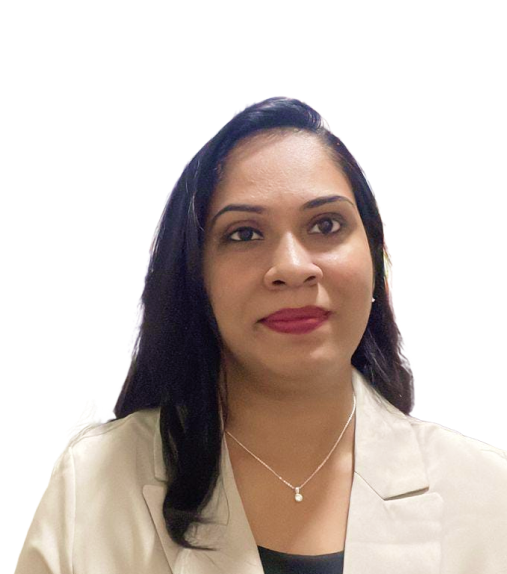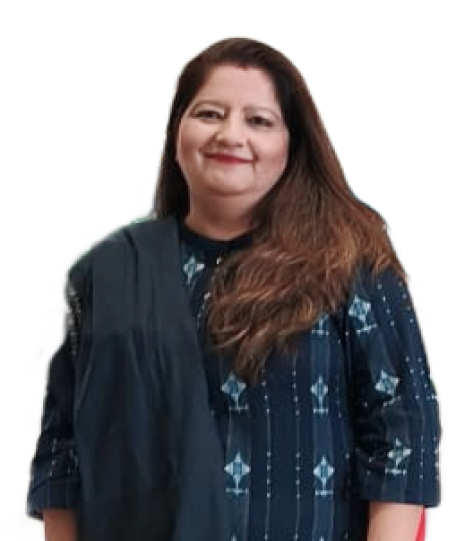- Resources
- The Intersection of Family Law and Technology: Ethical Considerations in Digital Evidence
The Intersection of Family Law and Technology: Ethical Considerations in Digital Evidence
August 25, 2024

Within the ever-evolving scene of family law, the integration of innovation presents both openings and challenges. With the expanding dependence on computerized proof in lawful procedures, specialists are entrusted with exploring the moral suggestions that emerge at the intersection of family law and innovation. This article dives into the moral contemplations that lawyers and lawful experts must address when dealing with computerized proof in family law cases.
- Moral Obligations – Ethical considerations are significant in utilizing advanced proof in family law procedures. Lawyers must passionately advocate for their clients while maintaining the standards of genuineness, judgment, and decency. When dealing with advanced proof, legal counselors must follow moral rules outlined in their individual jurisdiction’s rules of proficient conduct.
- Privacy and Confidentiality – One of the essential moral concerns encompassing computerized proof is the conservation of protection and secrecy. Lawyers must guarantee that they get computerized, prove through legal means, and abstain from locks in unauthorized access or hacking. Additionally, lawful experts must protect the privacy of delicate data inside advanced proof, particularly when it relates to third parties not included in the case.
- Confirmation and Admissibility – Another primary moral thought is the confirmation and tolerability of advanced proof in court. Lawyers commit to verifying advanced proof to set up its pertinence and unwavering quality. This may include confirming the source of the evidence, guaranteeing its judgment and exactness, and illustrating its association with the case at hand. Disappointment to legitimately confirm advanced proof can weaken its acceptability and jeopardize the validity of the lawful procedures.
- Competence and Mechanical Proficiency – Incorporating advanced proof into family law cases requires a certain level of innovative capability for lawyers. Legitimate experts must have the information and abilities to explore advanced stages, recover electronic communications, and analyze metadata. Besides, lawyers are morally obligated to remain side by side with mechanical headways and develop patterns in advanced forensics to speak to their clients’ interface competently.
- Genuineness and Tolerability of Proof- Lawyers must consider the genuineness and tolerability of advanced proof in court. With the expansion of social media, informing apps, and electronic communication, confirming the realness of computerized proof can be complex. Lawful experts must tirelessly confirm the source and judgment of computerized proof to guarantee its unwavering quality and acceptability in court procedures.
- Potential for Predisposition – Lawyers must consider the potential for predisposition and control in advanced proof. With the rise of deepfakes and controlled media, lawful experts must work out caution in depending exclusively on advanced proof without authenticating it through other means. Moreover, lawyers must reveal any known or suspected changes or controls of computerized evidence to the court and contradicting guide.
- Obligation of Competence – Another moral thought in caring for computerized proof is the obligation of competence. Lawyers commit to remain side by side with mechanical headways and advancements significant to their home regions. This incorporates understanding the different shapes of advanced proof, such as metadata, geolocation information, and electronic communications, and how to successfully analyze and display such evidence in court.
The intersection of family law and innovation presents opportunities and moral challenges for legal experts. By following ethical standards, counting, ensuring client secrecy, confirming the genuineness of computerized proof, getting educated consent, and remaining competent in utilizing innovation, lawyers can explore this complex scene while maintaining the judgment of the legal calling.
If you want to avoid ethical complications in your legal firm, The Allied Outsourcing can help you achieve that with its experienced team, which has expertise in helping numerous firms worldwide. Virtual assistants at The Allied Outsourcing possess a deeper understanding of rules and regulations to ensure top-quality client services.
If you need help to be productive independently, let us at https://thealliedoutsourcing.com/contact/ assist you in achieving your goals.
All Categories
- Agile Legal Support (1)
- Case Law (88)
- Case Studies (6)
- Demand Letter (14)
- Deposition Summaries (11)
- Legal Outsourcing (3)
- Legal Research (72)
- Marketing (1)
- Medical Summaries (14)
- Others (4)
- Personal Injury (54)
- Virtual Assistant (59)
- Virtual Paralegal (2)
Related Blogs
Author
Lavina Mathias
Designation: Content Writer and Creator
Dedicated legal content writer specializing in the legal industry. Has a strong track record of producing high-quality content that effectively communicates complex legal concepts to…Reviewer
Ruchi Bhakhri Sharma
Designation: CEO
25 years of combination of serving as a lawyer in India and paralegal support to US lawyers. Led a diverse team of legal professionals, project…





